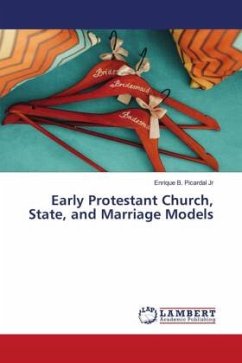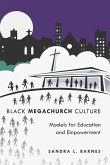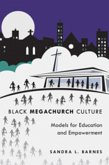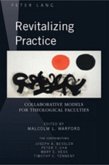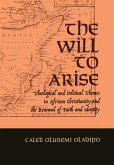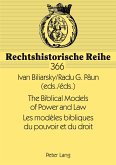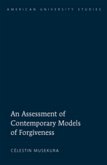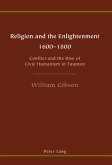In place of the medieval Catholic sacramental concept of marriage, this article examines four early modern Protestant versions of marriage that evolved during that period. These are the ones that the Lutheran social model of marriage in Germany and Scandinavia and the Calvinist social model of marriage in the United States Covenantal model in Geneva, France, the Netherlands, and Scotland; the Anglican commonwealth model in England and its colonies; and the emerging separationist model of marriage created by John Locke in England and her colonies. From a theological perspective, the distinctions between these models can be traced back to medieval Catholic sacramental theology, Lutheran two kingdoms' teachings, Calvinist covenantal constructions, Anglican commonwealth theory, and Lockean contractarian theories, respectively. Changes in marital jurisdiction are one way to see these distinctions from a political perspective: In medieval times, Catholics gave the sole church authorityover matters about marriage. The Anglicans delegated the authority to marry to church courts, understanding that these courts were subject to royal control and parliamentary legislation.

